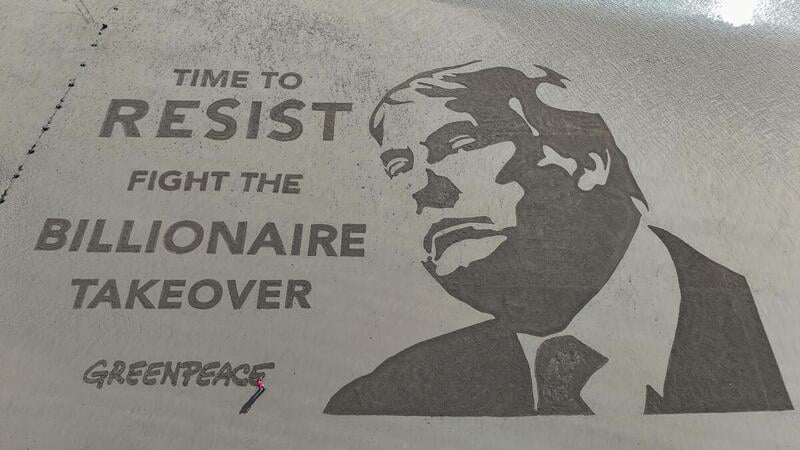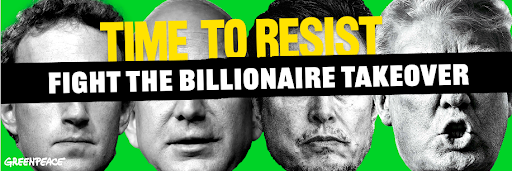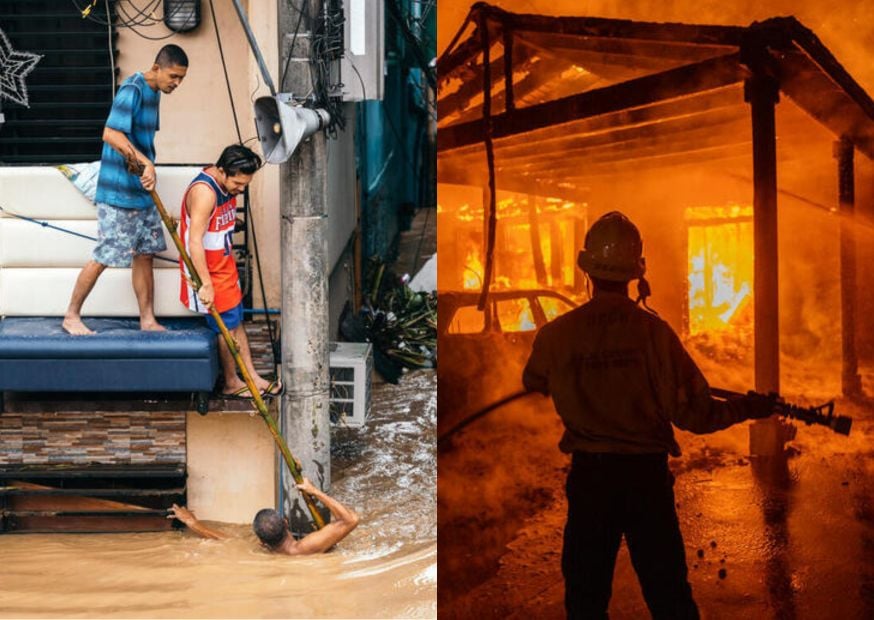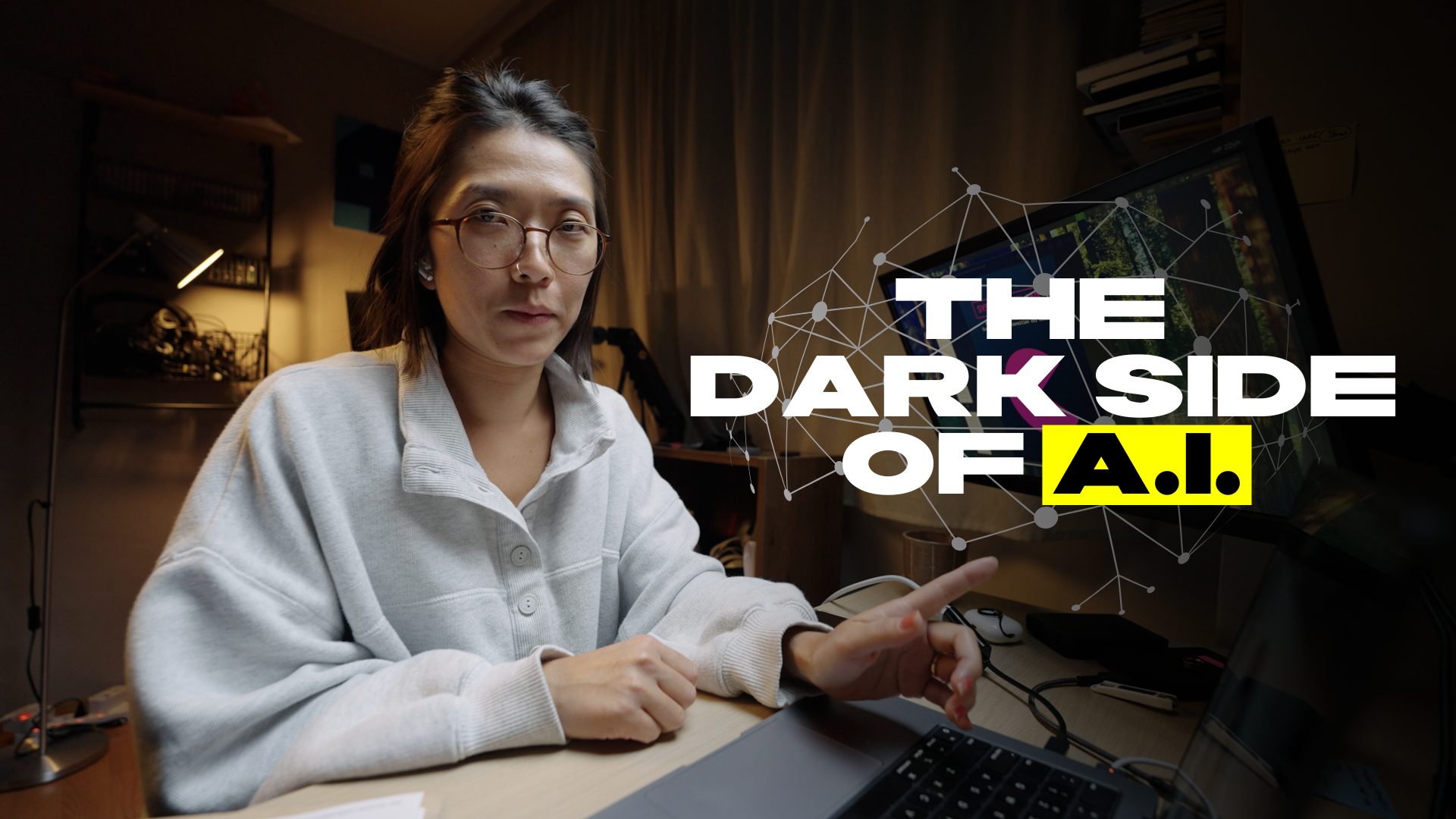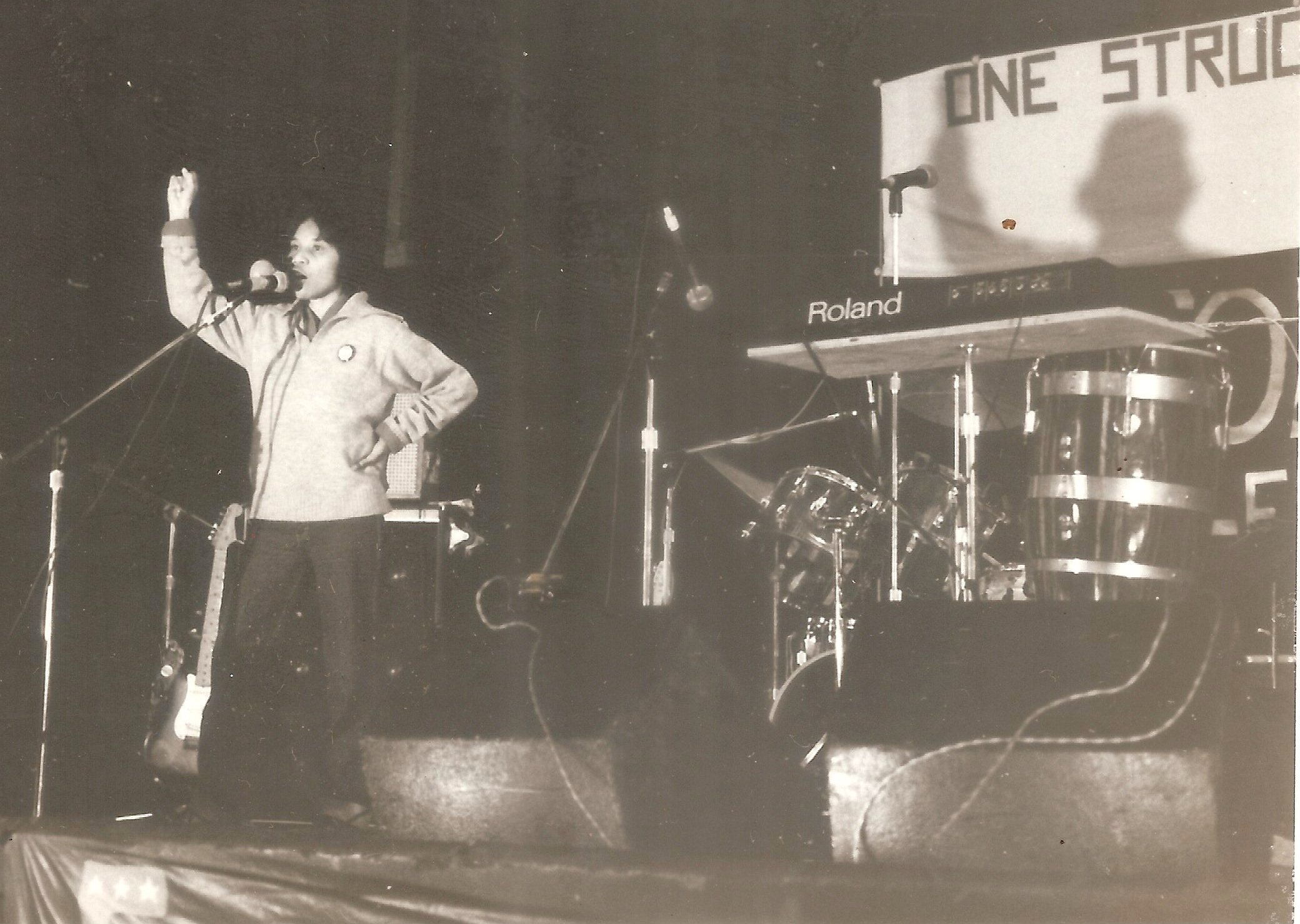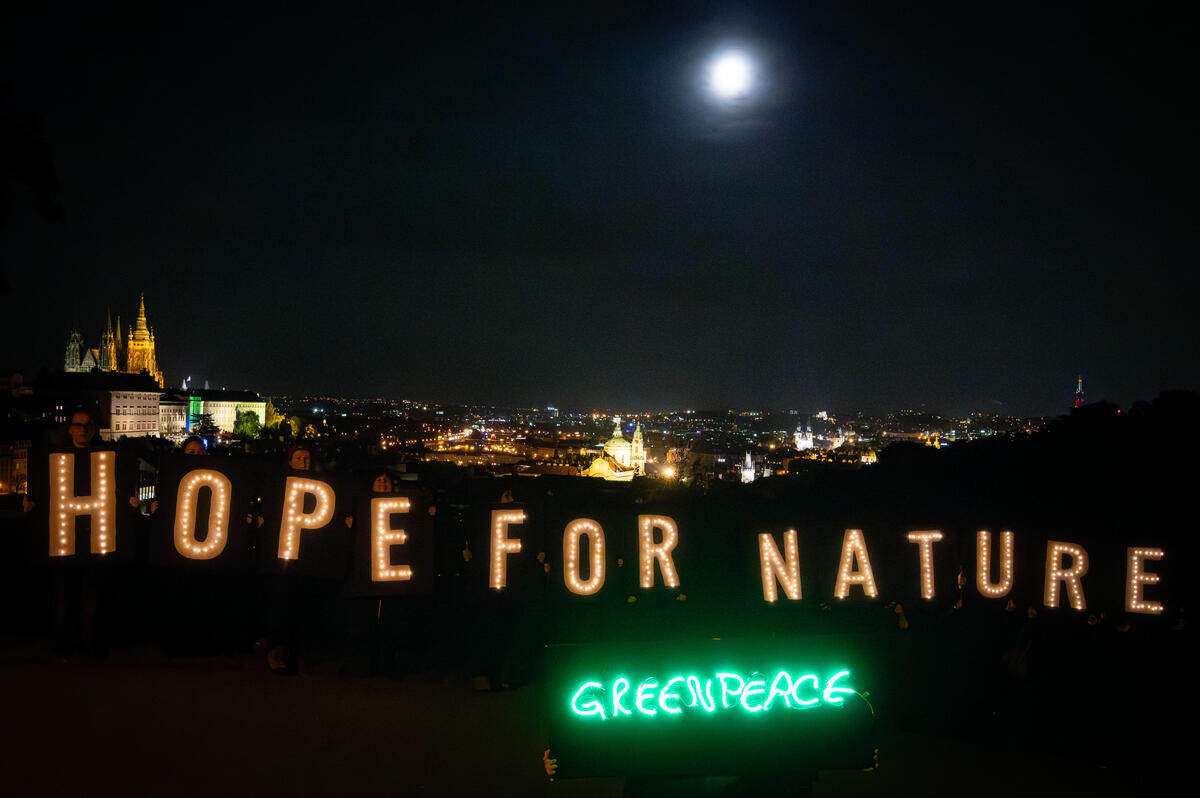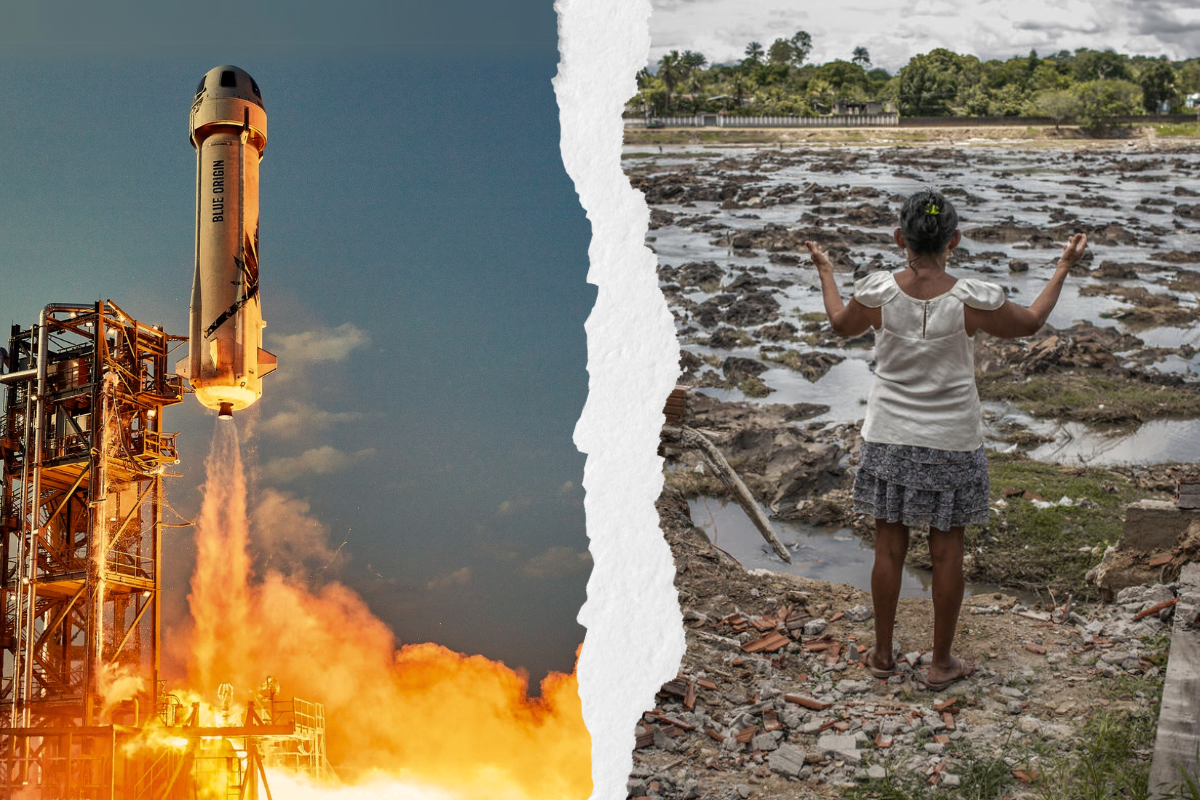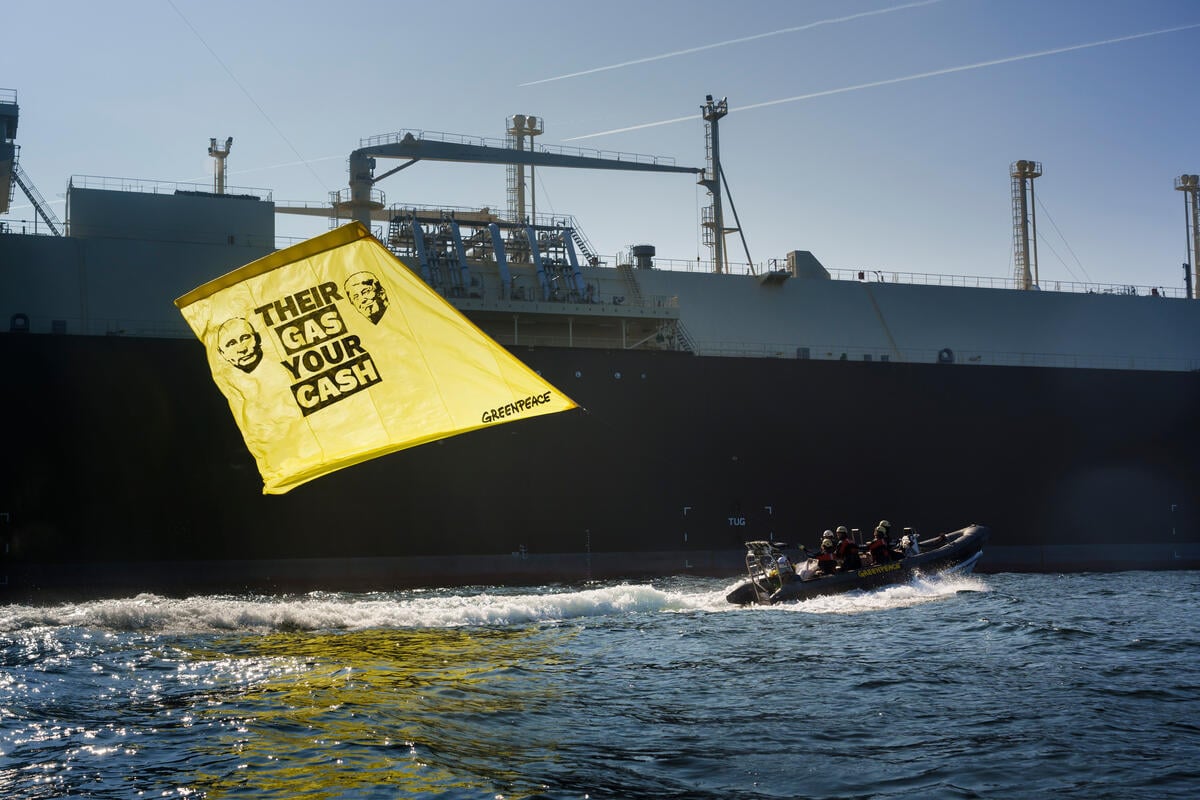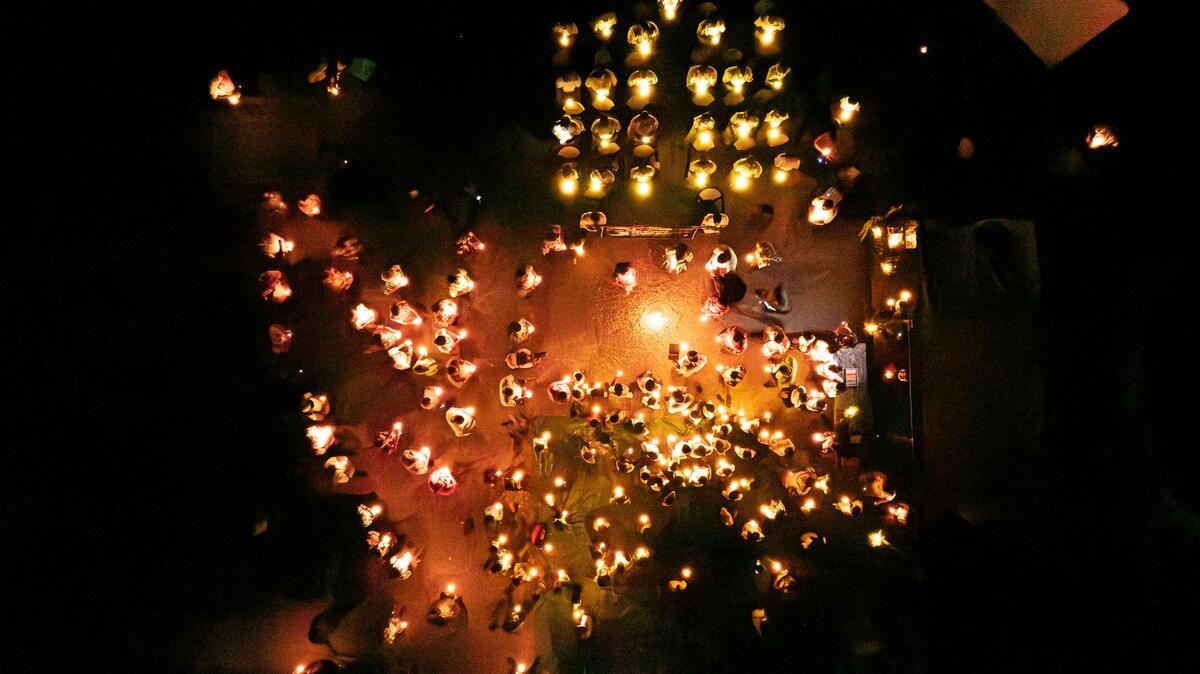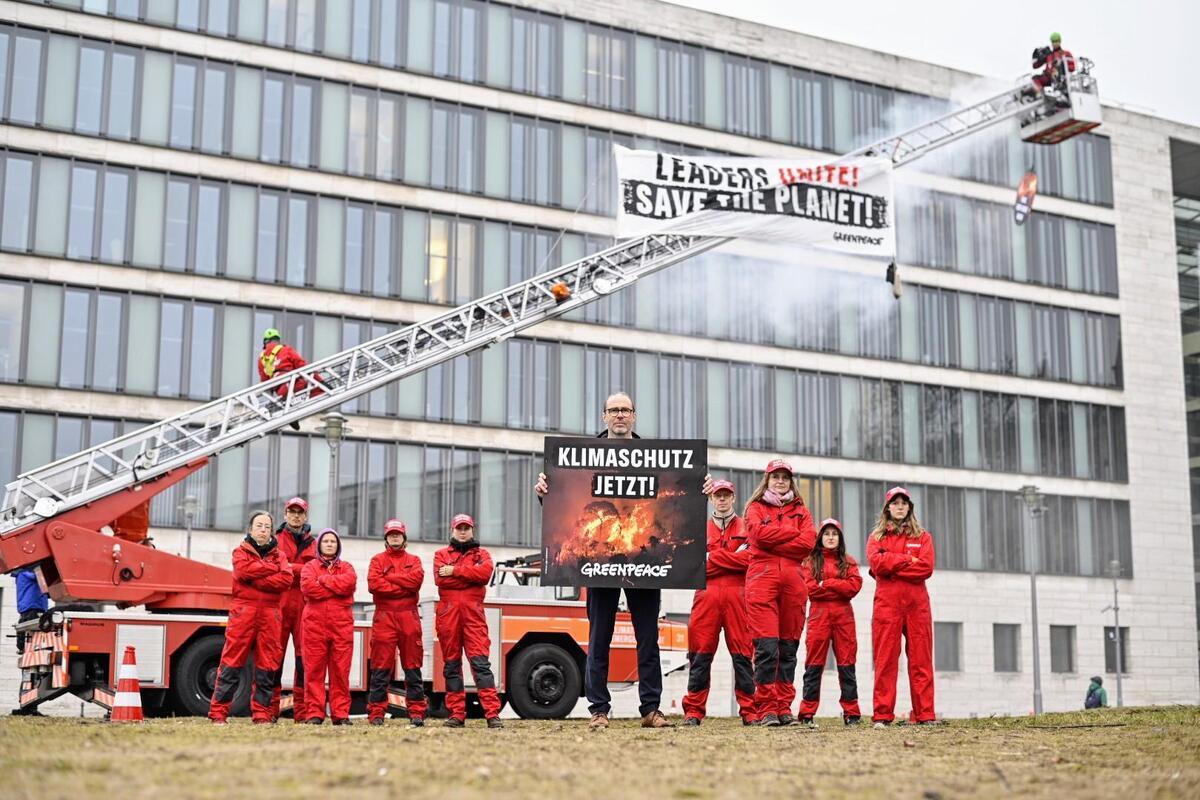All articles
-
Global protests marking Trump’s 100 days show world is ready to resist
To mark the first 100 days of US President Donald Trump’s second term, Greenpeace organisations around the world staged protests against the billionaire and corporate takeover.
-
The true cost of AI romance: A 4.5-fold increase in emissions in one year
Recall the scene from the film Her (2013) when Theodore meets his AI lover, Samantha, in the cloud and they embark on a romance through endless conversations. While this fantastical…
-
Greenpeace comment on Joint Leaders Session on Climate and Just Transition
Greenpeace response to the meeting jointly convened by the Secretary-General and President of Brazil.
-
‘Their gas, your cash’ In the North Sea, European activists protest arrival of US fossil gas
Today, eight activists from Greenpeace Belgium confronted an LNG tanker coming from the US, and heading for the port of Zeebrugge, in protest of Europe’s continued dependence on fossil gas imports
-
40 years since evacuation due to US nuclear tests, Greenpeace and displaced Rongelap community honour commitment to nuclear and climate justice fight
“The bonds between Marshall Islands and Greenpeace are very strong and have stood the test of time. They say we rescued them from a contaminated Rongelap, but the reality is that they rescued themselves - the Marshallese are the strong and brave people who took their future into their own hands and continue to do…
-
Leaders must step up to show unity in climate fight and Amazon protection
Greenpeace has urged leaders at the Petersberg Climate Dialogue to display global unity and ramp up their efforts to tackle the escalating climate and biodiversity crisis on the road to this year’s UN summit COP30.

